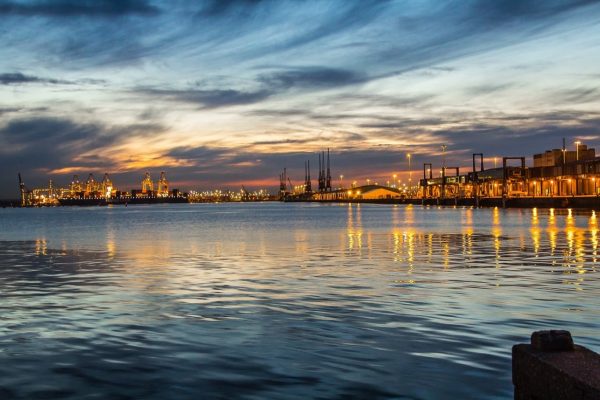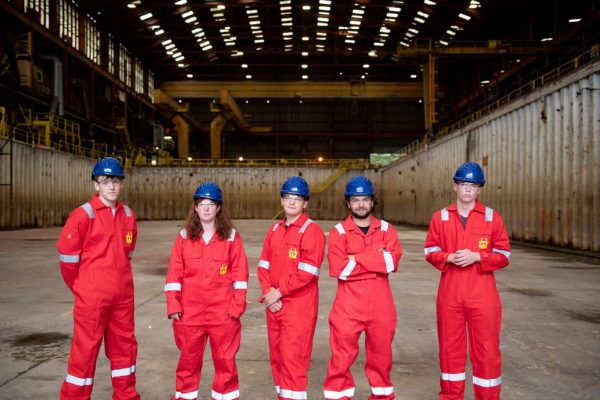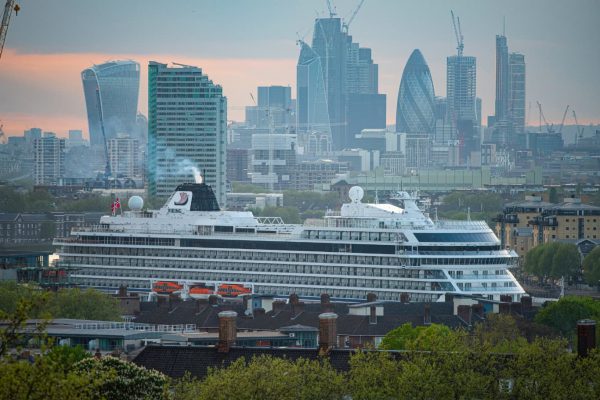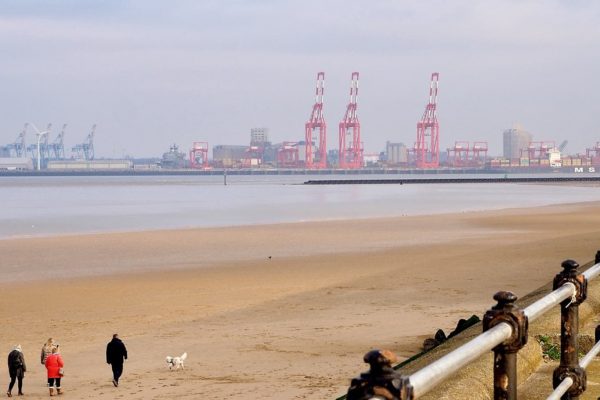The Port of Belfast is a major port in Northern Ireland, with a rich history dating back to the early 17th century. The port has played a significant role in developing the local economy as a crucial gateway for trade and commerce. Today, the Port of Belfast handles millions of tonnes of cargo and serves as an essential centre for the energy industry. This article will delve into the Port of Belfast’s history and significance and how it shapes the modern world.
History of the Port of Belfast
The history of the Port of Belfast dates back to the early 17th century when King James I granted the city a charter. The first dock, the Long Wharf, was built in 1637, marking the beginning of the port’s development as a vital centre for trade and commerce in the region.
19th Century
During the 19th century, the Port of Belfast flourished, with shipbuilding and linen production industries playing a key role in the port’s growth. In 1849, the first of the modern docks, the Victoria Channel, was completed, boosting the port’s trade and transport links. By the end of the century, the Port of Belfast had become one of the largest shipbuilding centres in the world.
20th Century
Throughout the 20th century, the Port of Belfast continued to expand with the construction of new docks and the growth of industries such as aviation and engineering. The port also played a crucial role during both World Wars, serving as a vital naval base and shipbuilding centre.
Modern Day
In recent years, the Port of Belfast has focused on modernisation and expansion, emphasising sustainability and the development of new industries. The port is now an essential hub for the renewable energy industry, with investments in wind farms and other renewable energy projects. Additionally, the port has expanded its facilities for handling cargo with significant investments in new cranes, container terminals, and infrastructure projects.
Today, the Port of Belfast is one of the UK’s largest and most important ports, handling millions of tonnes of cargo and supporting thousands of jobs in the local community. As the UK faces the challenges of the 21st century, the Port of Belfast is well-positioned to play a key role in the country’s economic and social landscape for years to come.
10 Facts About the Port of Belfast
- The Port of Belfast is the largest port in Northern Ireland, handling over 24 million tonnes of cargo annually.
- The port’s history dates back to the early 17th century when the city was granted a charter by King James I.
- The first dock, known as the Long Wharf, was built in 1637.
- In the 19th century, the Port of Belfast became one of the largest shipbuilding centres in the world.
- The port is now a hub for the renewable energy industry, with investments in wind farms and other renewable energy projects.
- The Port of Belfast has a long shipbuilding history, with famous vessels such as the RMS Titanic and the HMS Belfast constructed in the area.
- The port is strategically located, providing easy access to the UK and Ireland.
- The Port of Belfast has over 1,500 acres of port land and estates.
- The port is home to the UK’s largest dry bulk terminal, processing materials such as grains, aggregates, and coal.
- The Port of Belfast is a popular destination for cruise ships, with over 100,000 visitors annually.
Future of the Port of Belfast
The future of the Port of Belfast looks promising, with a focus on innovation, sustainability, and the development of new industries. One area of focus for the port is the renewable energy sector, with several wind farms and other renewable energy projects planned. The port is also investing also invests projects to support these developments, including constructing new quayside facilities and expanding the existing electricity grid. These initiatives will help to position the Port of Belfast as a leading centre for renewable energy in the UK, supporting the country’s transition to a low-carbon economy.
In addition, the port is exploring new opportunities in the emerging blue economy sector, which encompasses the sustainable use of ocean resources for economic growth, improved livelihoods, and job creation. This includes areas such as sustainable fisheries, aquaculture, and marine bioDevelopingelopment of a blue economy strategy will help diversify the port’s operations and support the growth of new industries in the area.
Furthermore, the Port of Belfast invests in digitalisation and automation to improve efficiency, safety, and environmental performance. By leveraging cutting-edge technologies such as artificial intelligence, the Internet of Things, and blockchain, the port aims to create a smart and interconnected ecosystem to enhance its competitiveness in the global maritime industry.
Overall, the Port of Belfast is well-positioned to continue its growth and success in the coming years, with a focus on innovation, sustainability, and meeting the changing needs of its users and the wider community. As the UK continues to navigate the challenges of the 21st century, the Port of Belfast will undoubtedly play a vital role in shaping the country’s economic and social landscape for years to come.
Conclusion
The Port of Belfast has a rich history dating back to the early 17th century and has played a significant role in developing the local economy. Today, it is a major centre for trade, energy, and innovation, handling millions of tonnes of cargo and supporting thousands of jobs in the local community.
With a focus on renewable energy, the blue economy, and digitalisation, the Port of Belfast is well-positioned to continue its growth and success in the coming years. As the UK faces the challenges of the 21st century, the Port of Belfast will remain an essential pillar of the country’s economic and social landscape.




